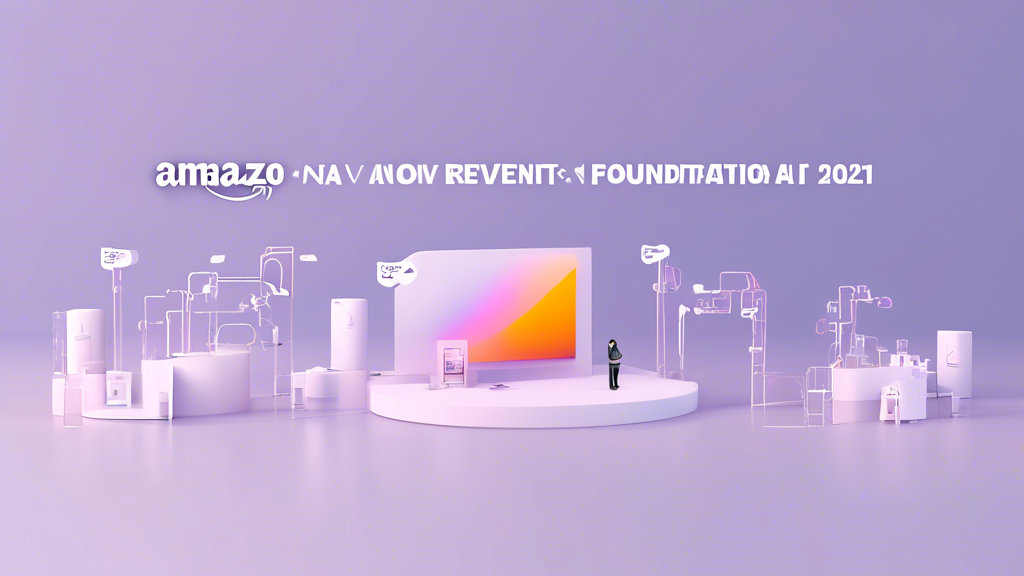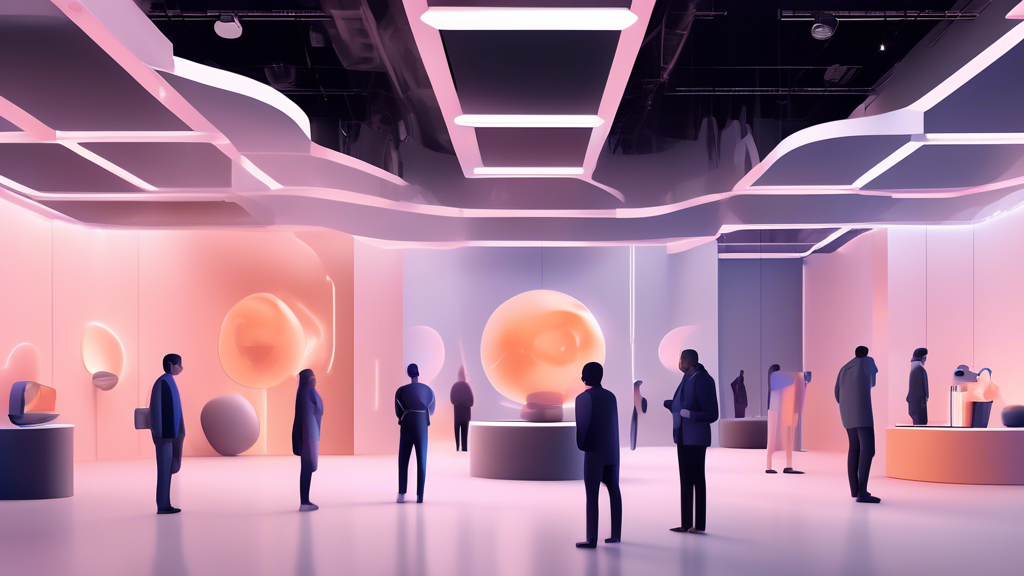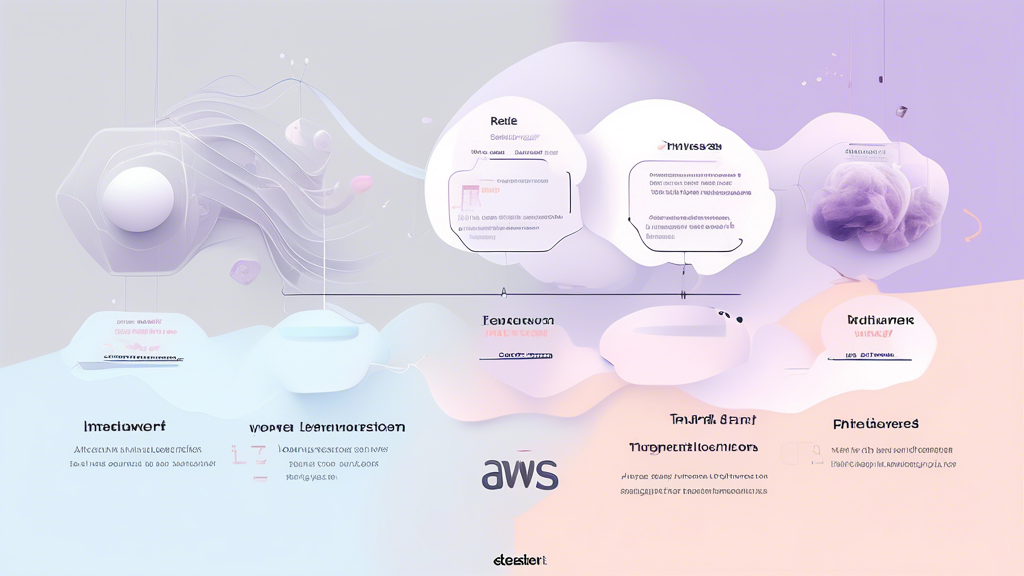
In a dramatic turn of events, the leak of the OpenAI Sora AI tool has ushered in a reflective discourse on AI ethics, artistic rights, and the responsibilities of major tech companies. The incident, which led to the suspension of the Sora AI tool, underscores the complexities surrounding the development and deployment of AI technologies, particularly those involving creative communities. This analysis provides insight into the key aspects of the leak and its implications for the broader landscape of AI and art.
The Nature and Consequences of the Leak
The leak occurred when a group of artists, who were part of OpenAI’s early testing program for the Sora AI video generation tool, shared API credentials. This unauthorized access allowed the public to generate AI videos on OpenAI’s servers for a brief period. The repercussions were immediate, with OpenAI suspending all user access to Sora in response to the security breach. This incident has halted the progress of the Sora AI’s public release, which was initially planned for the end of the year. The immediate impact was a reevaluation of security protocols and a delay in the tool’s development as OpenAI works to ensure both creative freedom and safety measures.
Artists Push Against Perceived Exploitative Practices
The act of leaking the tool was, in itself, a form of protest by the participating artists. They alleged that OpenAI’s practices were exploitative, citing a lack of compensation and creative freedom in exchange for their involvement in the program. Many artists felt they were being used as tools for art washing rather than genuine collaborators, with the demand for all generated content to be approved by OpenAI before public sharing adding further frustration. This sense of exploitation was intensified by the minimal compensation offered, which did not reflect the marketing benefit derived from showcasing their work.
This situation has spotlighted important ethical issues within the AI industry, particularly around fairness and recognition for creative contributors. Artists argued that their involvement was essential yet undervalued, raising broader questions about how companies like OpenAI engage with creatives during the technology development process.
OpenAI’s Stance and the Path Forward
In defense of its program, OpenAI stated that participation in the Sora preview was voluntary, with no compulsion to provide feedback or utilize the tool. The company highlighted its ongoing support for artists through various grants and events, aiming to foster a mutually beneficial relationship. Despite this, the tension between corporate objectives and artistic autonomy remains palpable. The incident serves as a catalyst for OpenAI to reevaluate and possibly restructure its approach to working with artists, ensuring more equitable and transparent collaborations.
The Sora AI leak has broader implications beyond just a delayed product. It questions the balance between accelerating AI advancements and ensuring ethical practices within research and development. As AI continues to intersect with human creativity, companies will need to address these concerns head-on, fostering environments that respect and fairly compensate artists’ contributions.
Ultimately, this controversy draws attention to the critical need for transparent and fair practices in AI development. As we move forward, it is indispensable for companies to engage with artists and creators in ways that uphold their rights and values. This not only mitigates the risks of exploitation but also enriches the AI field with authentic and diverse creative expressions.





